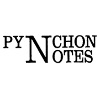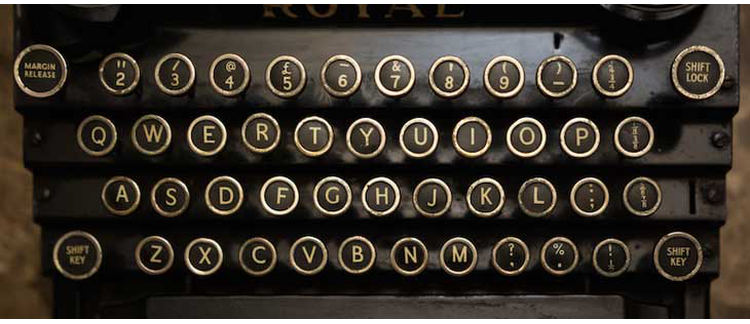Abstract
Vineland challenges readers to define community, since understanding character and story in the novel hinges on understanding how Pynchon represents relational human qualities. Denoting human groups, "community" associates nationality not only with municipality but also with social class, economic practice, ethnicity and religion. Denoting human quality, "community" explains ordinary life through ownership, legal rights and personal identity ("Community"). As satire, Vineland admits and rejects such standard solutions to its community code. Using conventions that blend historical references with politics and culture, Pynchon draws both collective characters, whose experiences in community express their motivation, and separative characters, who influence readers to ignore community as a buzzword or to misinterpret it as an ideal. Pynchon's references and characters thus represent Vineland's encoded definitions of community in discreet but satirically related contexts.
How to Cite:
R. Hill, R., (1997) “Decoding Community in Pynchon's Vineland: Problematic Definitions for Readers and Characters”, Pynchon Notes , 197-217. doi: https://doi.org/10.16995/pn.173
Downloads:
Download PDF

